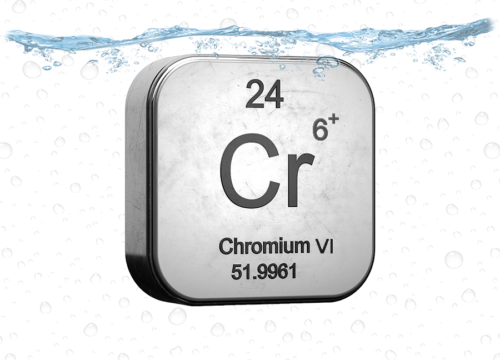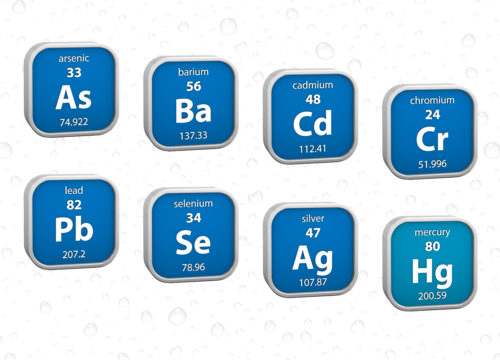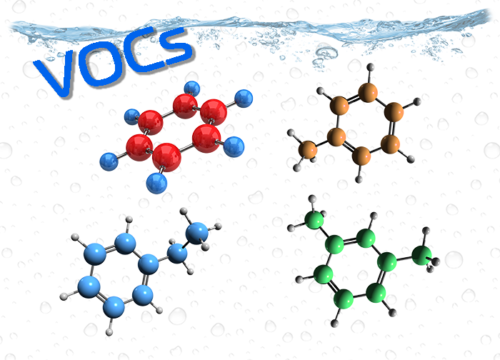Health Effects of Primary Inorganic Contaminants (Anions & Cations)
|
Contaminant |
Potential Health Effects |
Sources of Contaminant |
|---|---|---|
|
Arsenic (As) |
Skin damage or problems with circulatory systems, and may have increased risk of getting cancer |
Erosion of natural deposits; runoff from orchards, runoff from glass and electronics production wastes |
|
Barium (Ba) |
Increase in blood pressure |
Discharge of drilling wastes; discharge from metal refineries; erosion of natural deposits |
|
Copper (Cu) |
Short term exposure: Gastrointestinal distress Long term exposure: Liver or kidney damage People with Wilson’s Disease should consult their personal doctor if the amount of copper in their water exceeds the action level |
Corrosion of household plumbing systems; erosion of natural deposits |
| Lead (Pb) |
Infants and children: Delays in physical or mental development; children could show slight deficits in attention span and learning abilities Adults: Kidney problems; high blood pressure |
Corrosion of household plumbing systems; erosion of natural deposits |
| Fluoride (F) | Bone disease (pain and tenderness of the bones); Children may get mottled teeth | Water additive which promotes strong teeth; erosion of natural deposits; discharge from fertilizer and aluminum factories |
| Nitrate as Nitrogen (NO3-N) | Infants below the age of six months who drink water containing nitrate in excess of the MCL could become seriously ill and, if untreated, may die. Symptoms include shortness of breath and blue-baby syndrome. | Runoff from fertilizer use; leaking from septic tanks, sewage; erosion of natural deposits |





